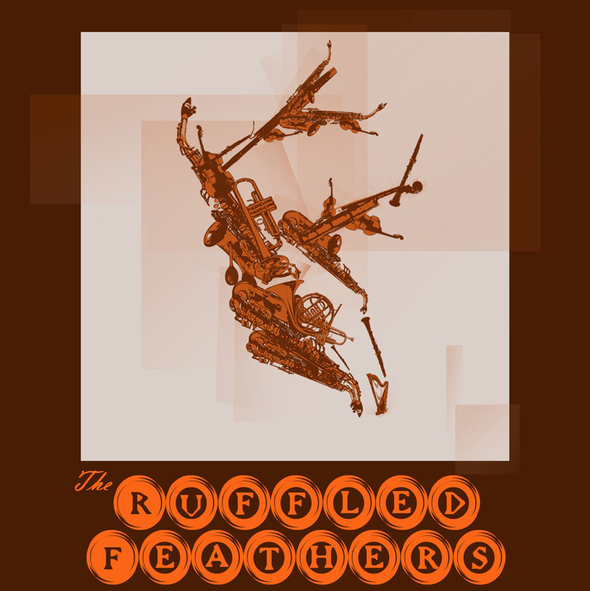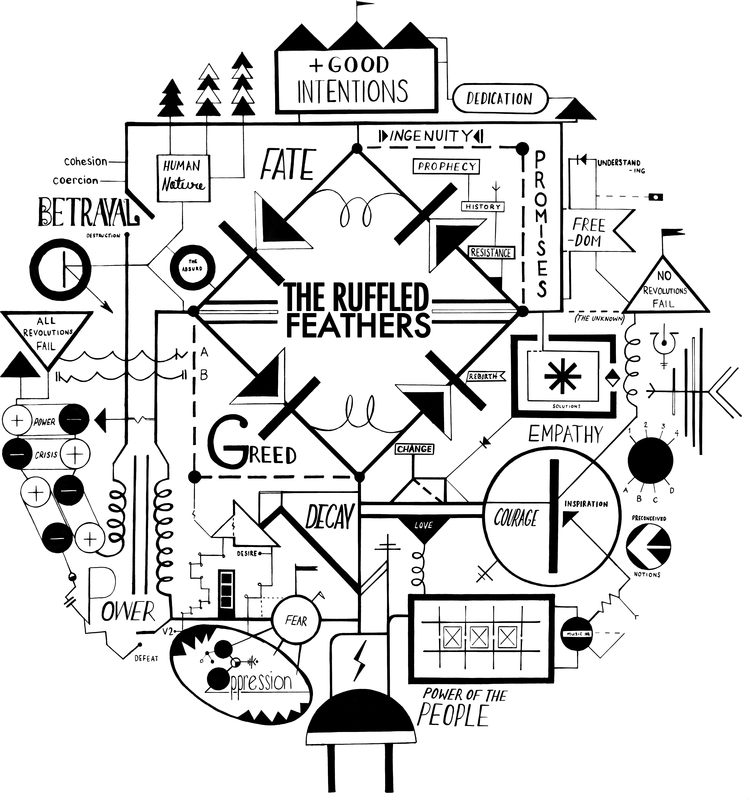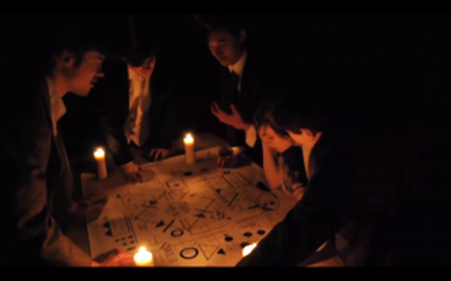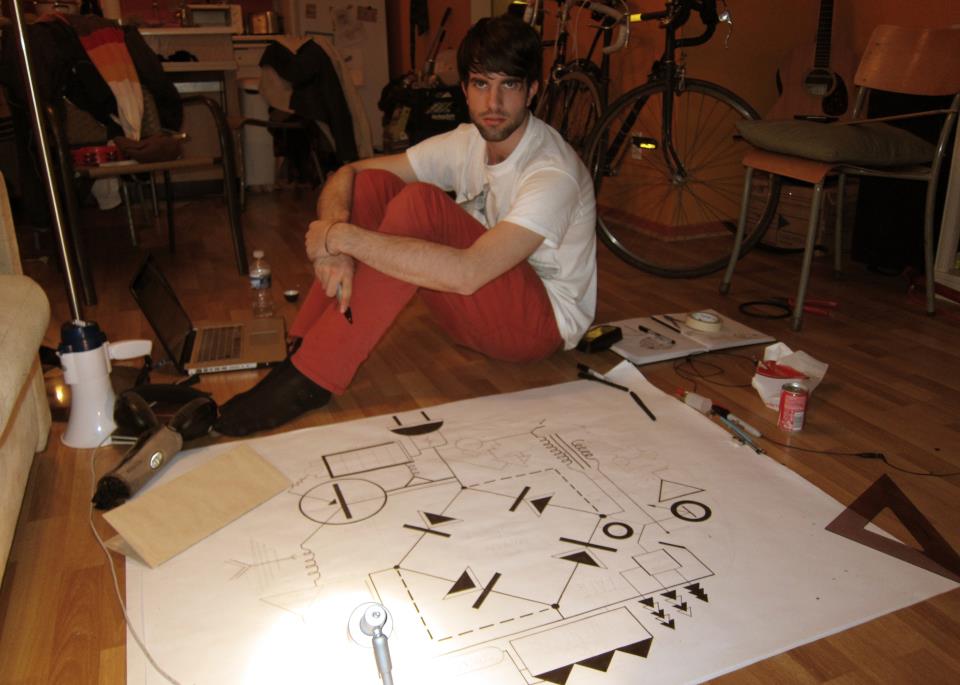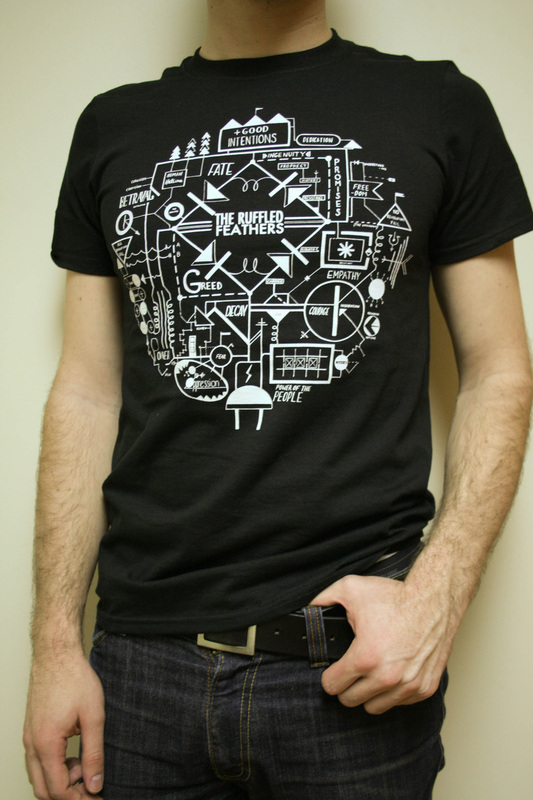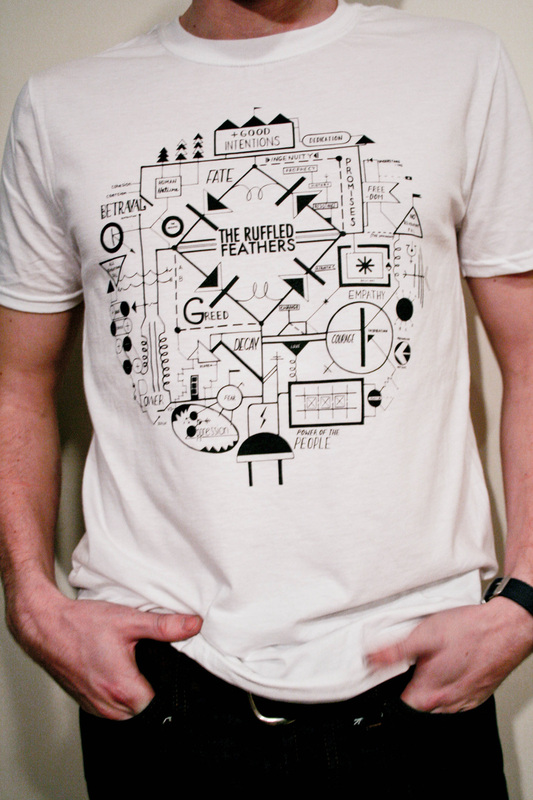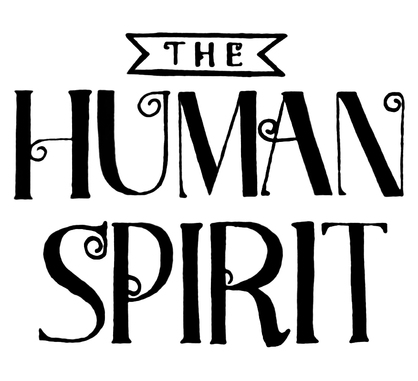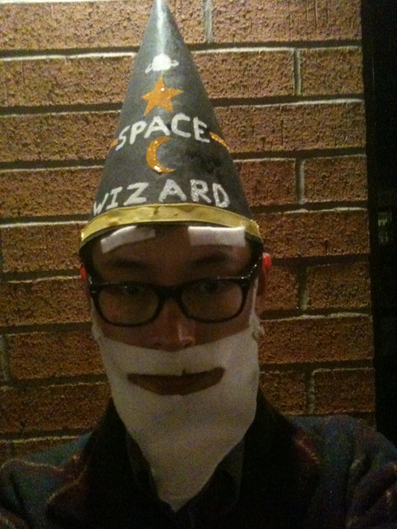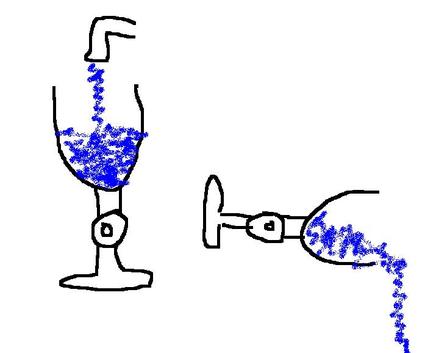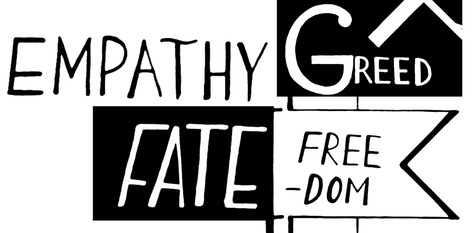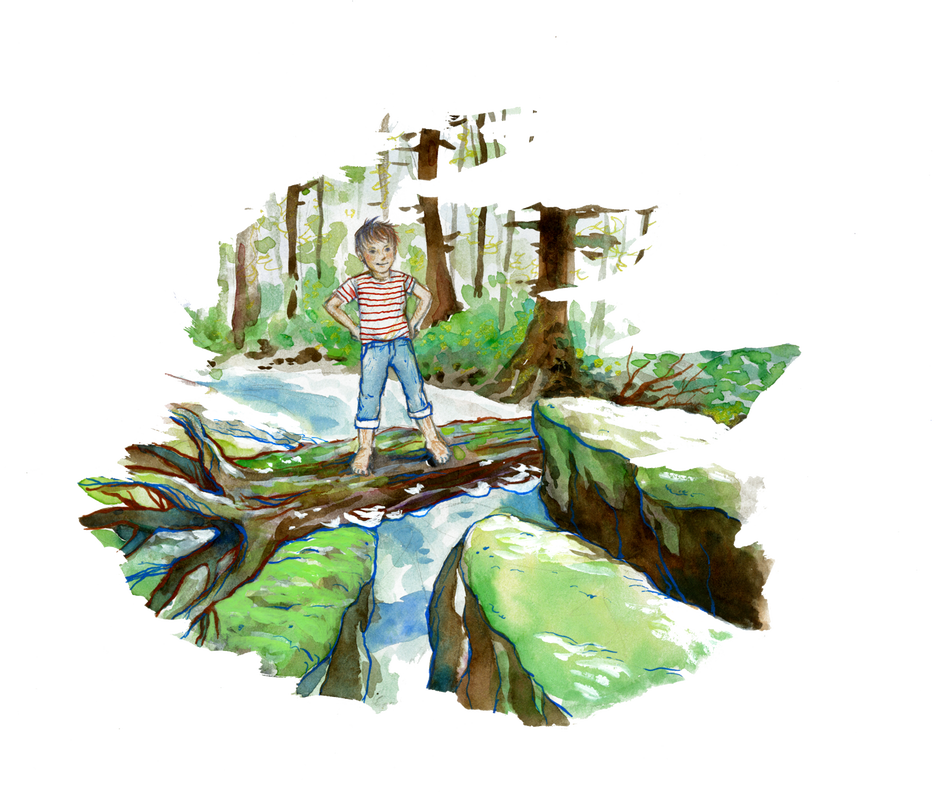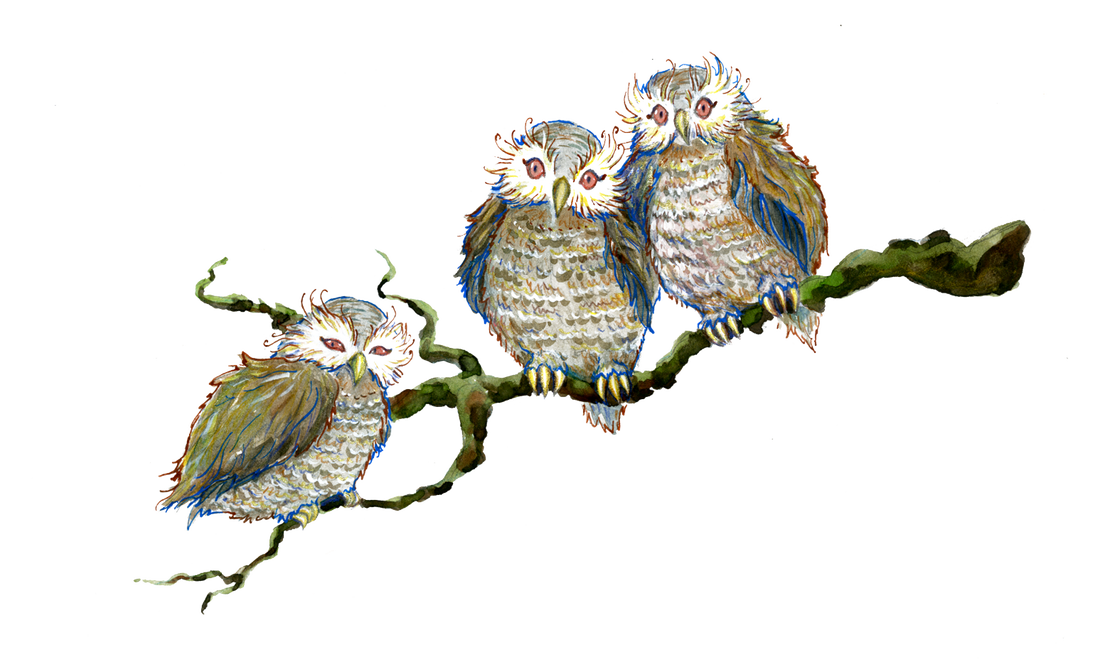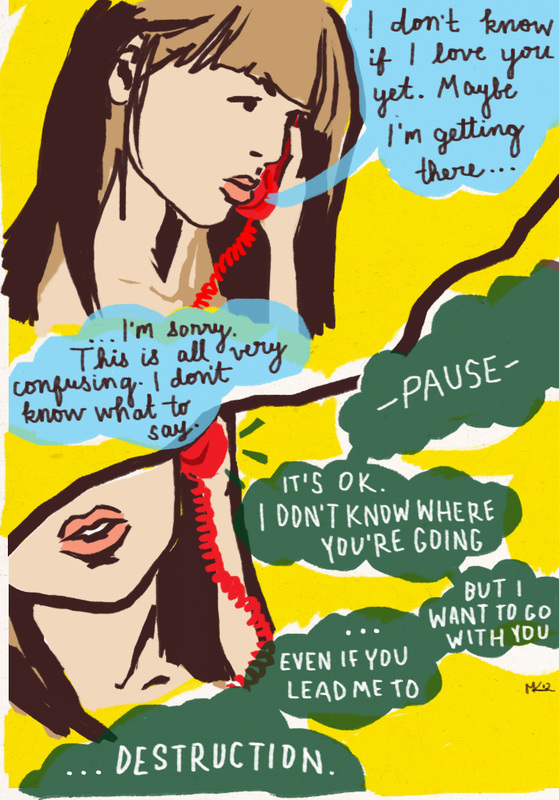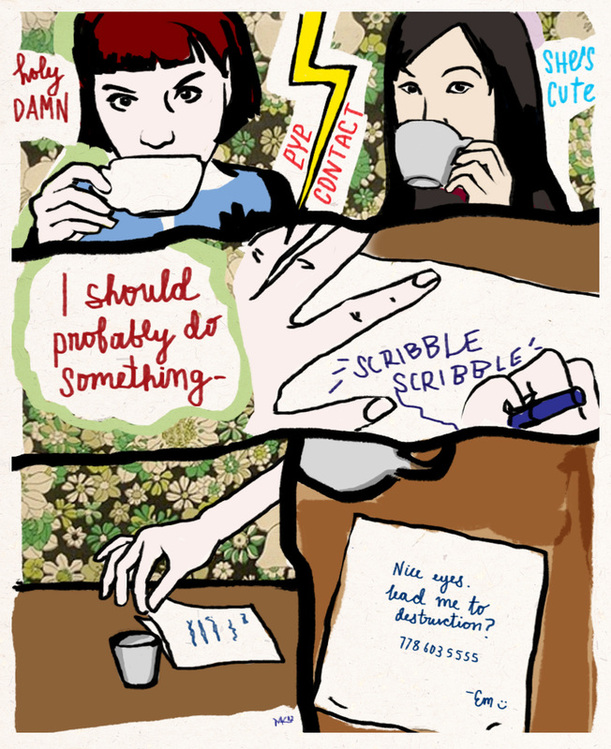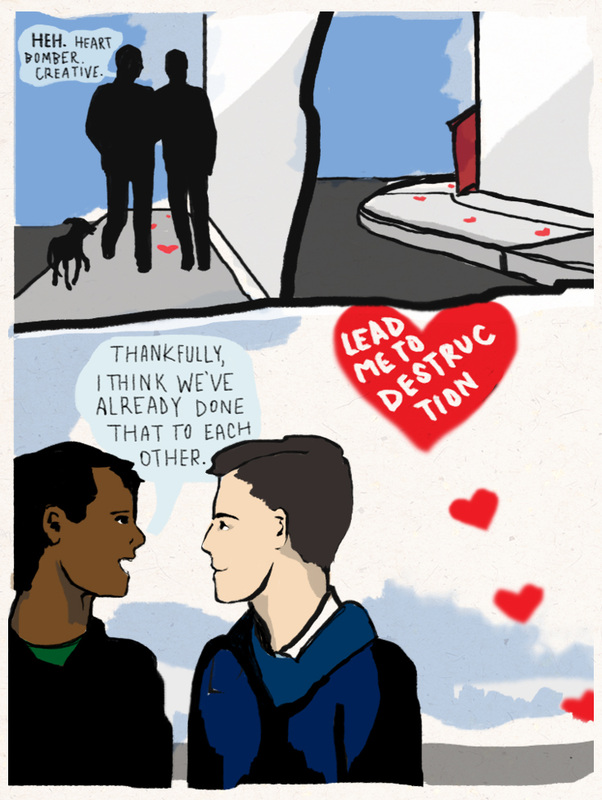| |
| LYRICS (by Andrew Lee) My canteen is full of candour. but that’s something I cannot contain I had fun when you had me once but your cup is downed and drained I know I’m a wild young thing dark horse that no man can tame I had fun when you let me run but you couldn’t grasp the reins you had me once in those thirty months you had me once in those thirty months all the weed that you could muster our conversations so sedate I had fun when you showed me once but I miss your sober face All our fields were fit and fickle but you took your sickle to make hay I had fun when you had me once but you left our fallowed plain you had me once in those thirty months you had me once in those thirty months It came down to you or the fiddle and I chose wisely I chose fair There was no room to meet in the middle so I chose the rosin and horse hair you had me once in those thirty months you had me once in those thirty months It came down to you or the fiddle and I chose wisely I chose fair There was no room to meet in the middle so I chose the rosin and horse hair credits | As we see our songs grow and change, we often forget their humble beginnings. For our song Rosin and Horsehair, we meticulously saved and recorded all the versions of this song, from a honky-tonk MIDI file to the final mastered product. Doing this, we came to appreciate how much work we put into the song after each step. Here it is! Please follow along with the description below while you listen this compilation. Hint: whenever you hear a hawk screeching, that signifies a change in version! Rosin and Horsehair: A Compilation of All Versions by The Ruffled Feathers 0:00 – 0:05 – Final Mastered Introduction 0:05 – 0:13 – Original Version in Sibelius 0:13 – 0:28 – MIDI Version in Logic 0:28 – 0:59 – Scratch Track 0:59 – 1:37 – Roughly Mixed Version 1:37 – 2:10 – Revised Mixed Version 2:10 – 2:54 – Final Mixed Version 2:54 – 3:41 – Final Mastered Version …and now just to reiterate, here all all the versions in chronological order again. 3:41 – 3:49 - Original Version in Sibelius 3:49 – 3:57 - MIDI Version in Logic 3:57 – 4:05 - Scratch Track 4:05 – 4:13 – Roughly Mixed Version 4:13 – 4:20 - Final Mixed Version 4:20 – end – Final Mastered Version |
Hope you had fun listening to the different versions this song has endured.
-Andrew
-Andrew
